Organic farming, a hidden gem of the Canary Islands
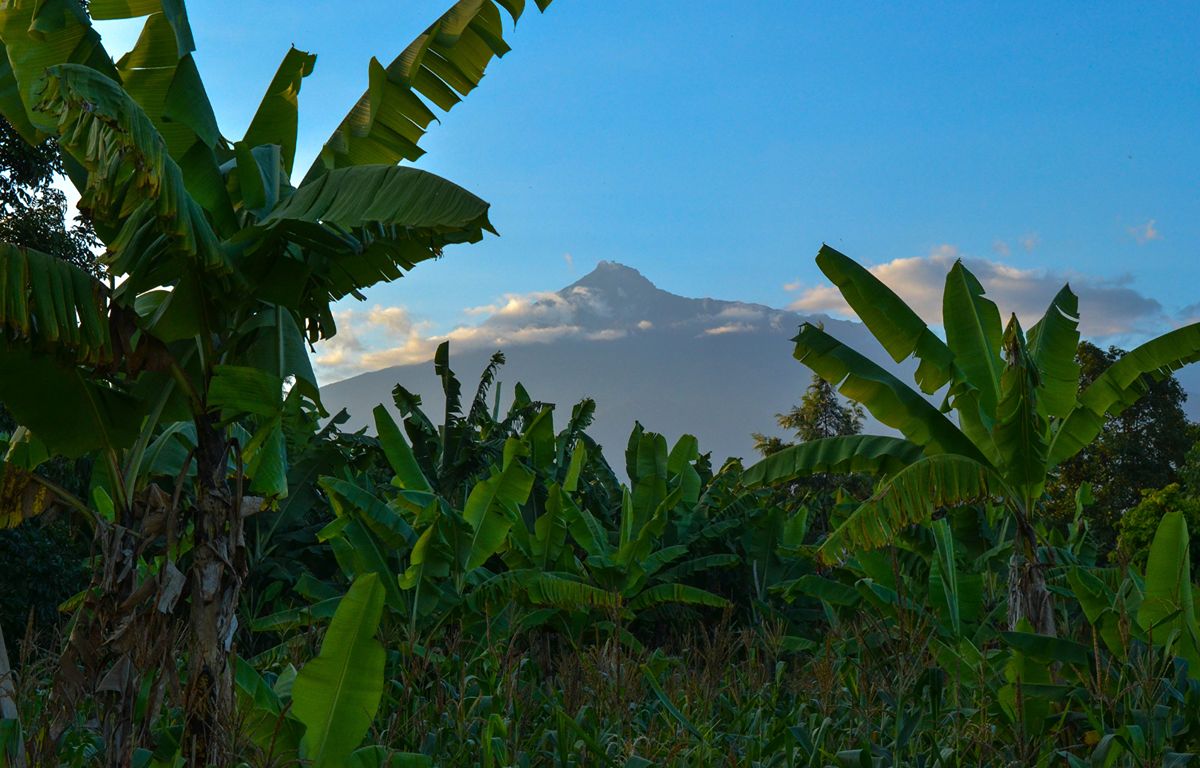
The Canary Islands: a rural paradise. For decades, the land has been the livelihood of many families, and this is keenly felt in the islands’ villages. Although times have evolved and the farming sector is no longer such a large part of the economy, agriculture, and organic agriculture in particular, has taken on strength. It has even gone as far as to become a tourist attraction.
What is organic farming?
Organic farming is “a production method whose aim is to obtain food using natural substances and processes”. This is how organic farming is defined by the European Commission, which also insists that these processes hold a preference for environmental sustainability.
In fact, organic farming promotes responsible use of energy and natural resources, maintenance of biodiversity and improvements to soil fertility. Sustainable practices that are found throughout the islands. Here are some fantastic examples of where this agriculture not only provides excellent products, but where the processes themselves are worthy of admiration.
Cultivation of organic bananas
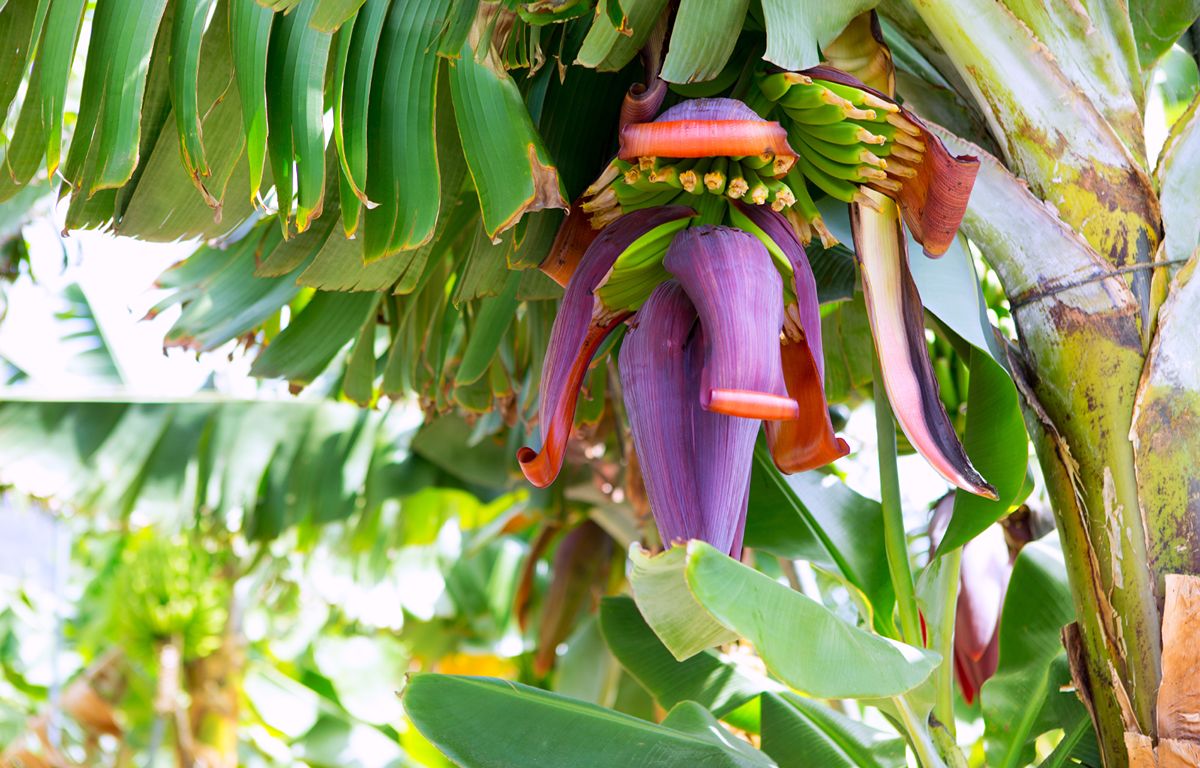
Banana cultivation is a key example. This fruit is a symbol of the islands’ identity. Throughout Europe, the Canary Islands’ Banana (or “plátano”) is considered a product of gastronomic excellence. Its labelling is 100% compostable and biodegradable, and its cultivation follows the EU regulations to the letter in order to avoid any risk of contamination.
However, banana cultivation has reached new heights in some corners of Gran Canaria, Tenerife or La Palma, where 100% organic crops can be found. Why is this special?
Using only fully natural techniques, and avoiding any type of chemicals, these banana plantations are transformed into authentic tropical oases with abundant vegetation and biodiversity. This spectacle of nature can be enjoyed by many visitors to the Canary Islands thanks to these specialised companies.
Organic honey
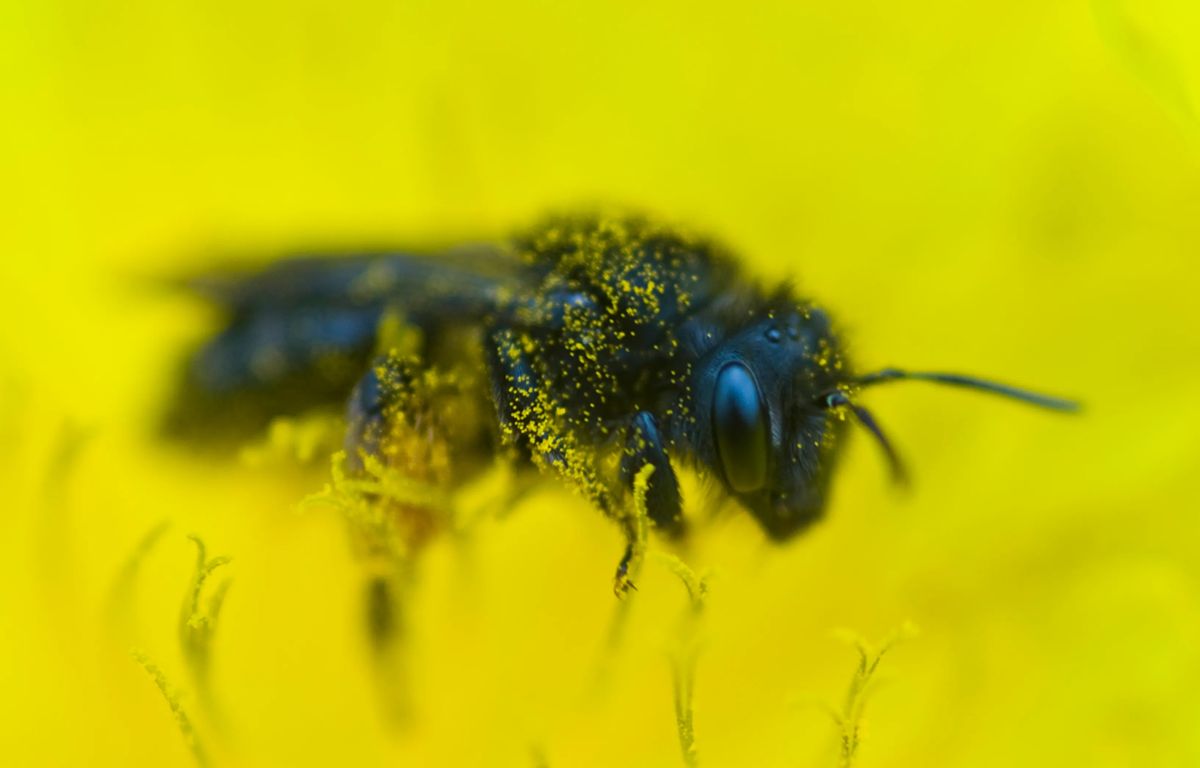
The Canary Islands also boast some of the best honey in the world.
Beekeeping is also an important part of the essence of the islands. This tradition dates back to the indigenous era. Canarians were already working with the famous Canarian black bee, which is estimated to be over 200,000 years old. This tame insect is perfectly adapted to the climate and location of the Canary Islands, and its honey is internationally recognised for its quality.
Some of the most renowned products are La Abeja del Guanche, whose four types of honey made from different beehives obtained gold in the international Biolmel honey competition. Other recently awarded regional honeys are worth mentioning, such as Honey La Chiripita, from Moya; Oromiel from Santa Cruz de Tenerife; or the honey produced by la Palma native Jésica Díaz Afonso in Fuencaliente.
Aloe vera cultivation
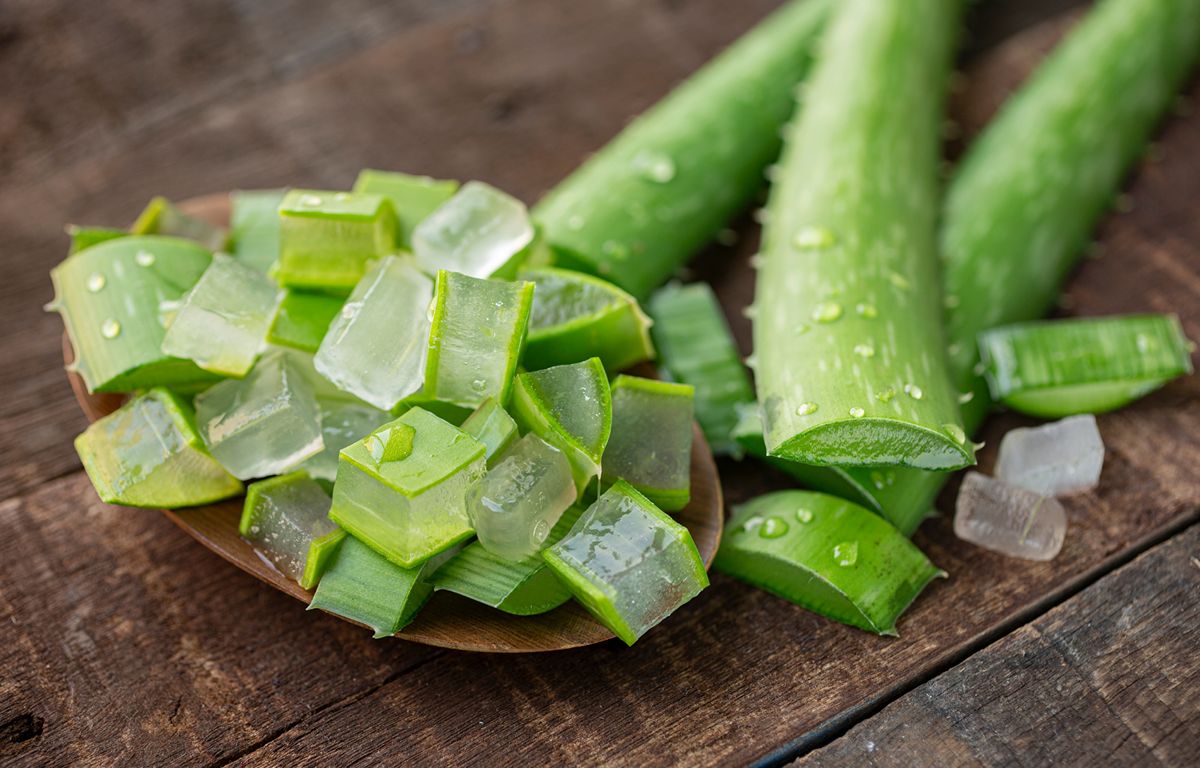
Another important organic crop in the Canary Islands is aloe vera, which is known for its cosmetic and nutritional properties, as well as for its high resistance to the climate of the islands. This can be seen in the fact that Fuerteventura, the most arid of the Canary Islands, is one of the main producers of this plant. Did you know that before aloe vera became popular, the local people named it “sábila”?
According to Finca Canarias, this predisposition of Canarian soil is due to the characteristics of its volcanic soil which is rich in nutrients and minerals.
Finca Canarias, for example, achieves the objectives of sustainable agricultural production, resulting in thousands of hectares of Aloe Barbadensis Miller that are completely organic. These plants then produce refreshing juices, sunscreens, hair care products and even soaps.
Speciality coffee
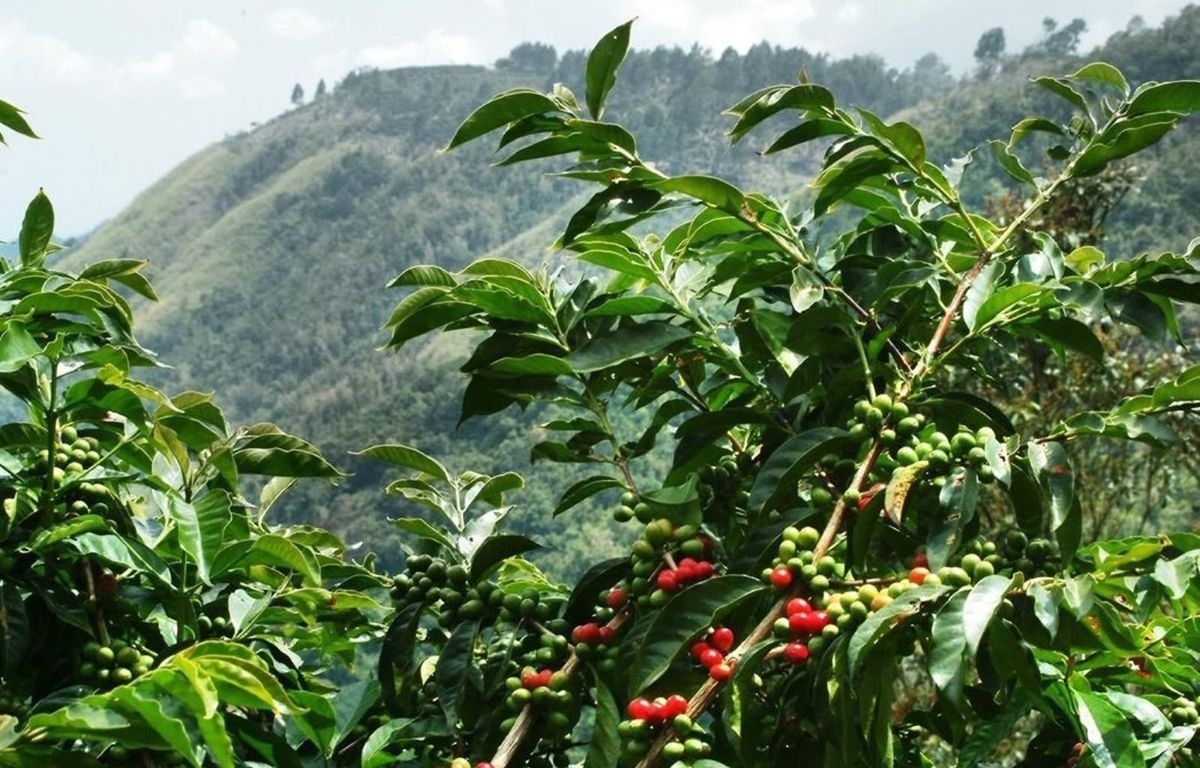
The world of coffee is becoming increasingly particular. The quality of the beans is no longer enough. The type of cultivation and the processes with which the product is treated are fundamental. In fact, those who achieve excellence within all levels of the production chain are defined as speciality coffees. One of them can be found here in the Canary Islands. It is the only coffee in Spain to receive this distinction: coffee from Agaete. This product is grown on a small farm on Gran Canaria, featuring tropical fruits and fertile volcanic soil. This location is ideal, with very special conditions that are difficult to find on the islands.
Agaete coffee is also produced with fully artisanal processes and the beans are gathered by hand. This would explain its high production costs, at more than 40 euros per kilogram, but also its exquisite taste. Expert palates say it has a lot of body and touches of sweetness, such as fruit and chocolate. Do you want to try it?
Did you know…?

Within the world of agriculture, it is essential to work with fertile soils. This is why compost is so important, as it is a natural fertiliser used to equip properties to the soil thanks to the work of fungi, worms and bacteria that accumulate in organic waste.
With this in mind, did you know that La Palma & Teneguía Princess Hotel is promoting a green initiative to support local farmers? Natural fertiliser is obtained from the organic waste produced in the resort. A powerful compost that, once ready, is transferred to organic farms and soils in La Palma, with the aim of giving life to new products, improving agricultural production and local supply.
Categories: Canaries, Fuerteventura, Gran Canaria, La Palma, Tenerife



Leave a Comment